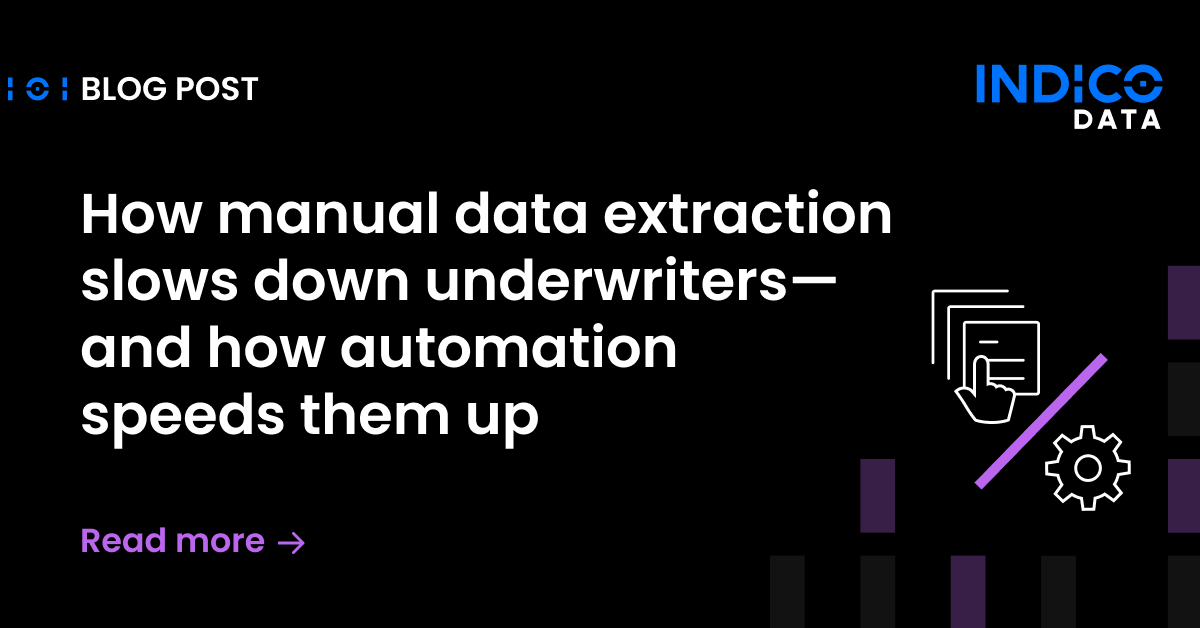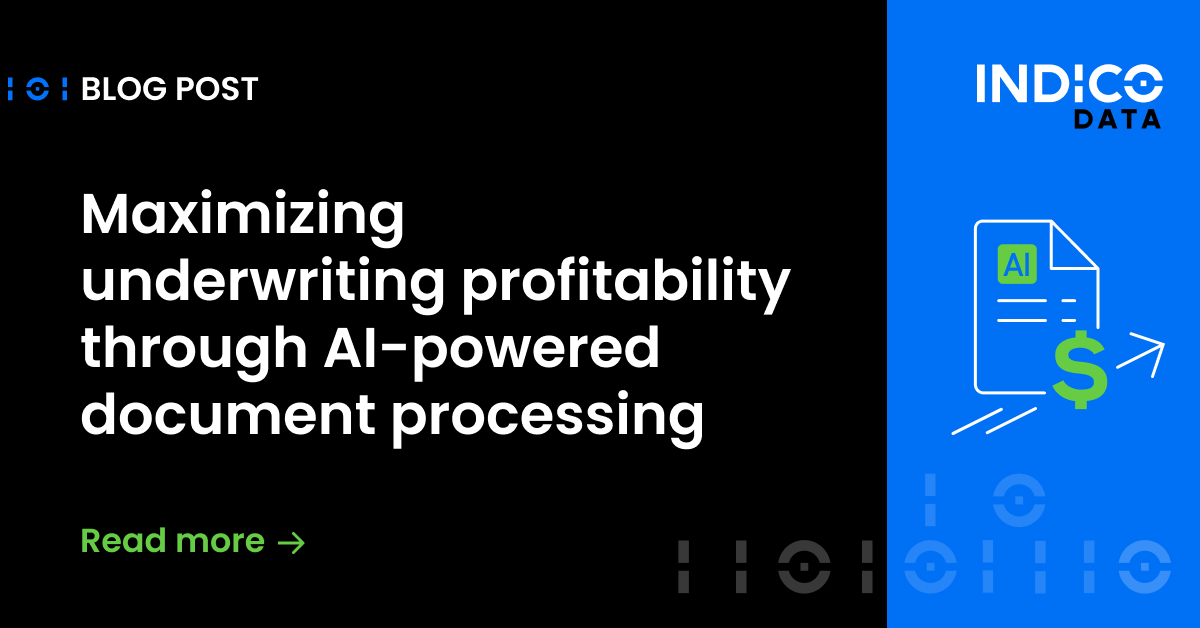The Accounts Payable (AP) function has always been crucial to any company, but it is becoming even more so – at the very time that AP groups are being challenged to automate more processes to increase efficiency while reducing invoice and payment approval times.
The “Ardent Partners’ Accounts Payable Metrics that Matter in 2021” report is the latest installment of an annual survey of more than 200 companies, the vast majority (87%) of them with more than $250 million in revenue. In 2020, 60% of respondents (up from 55% in 2019 and 52% in 2018) viewed the AP function as either “very” or “exceptionally” valuable to organizational operations. The report notes the AP function “continues to evolve from a back office role-player to a value-adding, strategic enterprise asset.”
Paper: The enemy to accounts payable
But AP faces challenges, most of them having to do with the preponderance of paper they have to deal with. In 2021, a majority of AP leaders (60%) say they still face lengthy invoice and payment approval times, Ardent Partners reports. “While this has always been a ‘top five’ issue for AP groups, this is the first time in many years that approval process deficiencies rank as the absolute top challenge,” the report says.
One way to improve the situation is to go digital and AP groups are doing just that. The most recent report marks only the second time in Ardent Partners’ more than 10 years of AP market research (last year being the first) that the majority of invoices received by AP departments were electronic, albeit by a slim 51% margin (up from 50.3% last year).
“Nonetheless, there is still much that needs to be done to eliminate paper from the AP process and improve operating effectiveness and efficiency,” the report says.
RPA attempts to automate AP
The key is automation, as the report makes clear: “More and more AP professionals are realizing that the path forward requires the power of automation to drive operational efficiencies across core processes, while harnessing deeper analytic capabilities and better intelligence. The clear majority (69%) of businesses point to smarter systems as a key to success.”
That should not be news to anyone. Companies for years have been trying to achieve shared services automation for functions such as AP. They’ve been trying to determine when and how to use robotic process automation (RPA) in finance and accounting, for example, along with templated and rules-based approaches to automation.
Those attempts typically don’t get too far, for a simple reason: the documents involved in AP functions – notably invoices and purchase orders – are too varied. RPA as well as rules-based and templated automation tools work well only with highly structured data. While an invoice or PO from a single company may be considered structured content, large companies like those in the Ardent Partners’ survey deal with hundreds if not thousands of other companies, each with its own format for invoices and POs. That effectively turns them into unstructured documents.
Intelligent automation is required for AP
Automation is achievable, however. It simply requires applying intelligent automation to shared services including AP.
Intelligent automation involves cognitive capabilities that take advantage of artificial intelligence technologies such as deep learning, transfer learning and natural language processing. Also known as intelligent document processing, it enables automated models to “read” invoices and POs just as your AP team would. The models automate the process of extracting pertinent data for input to downstream processing systems, such as enterprise resource planning (ERP) systems.
Using intelligent document processing in accounts payable applications is a way for AP groups to more efficiently deal with that nearly half of all invoices that are still paper-based. With the Indico Unstructured Data Platform, for example, it’s not unusual for customers to see an 85% reduction in process cycle times and a 4x increase in process capacity.
We realize those are gaudy numbers and you may be scoffing in disbelief. That’s why we offer an interactive demo that lets you see the platform in action, with applications such as data classification and extraction – a good fit for the AP invoices use case. You can also schedule a more in-depth demo or engage in a free trial.


